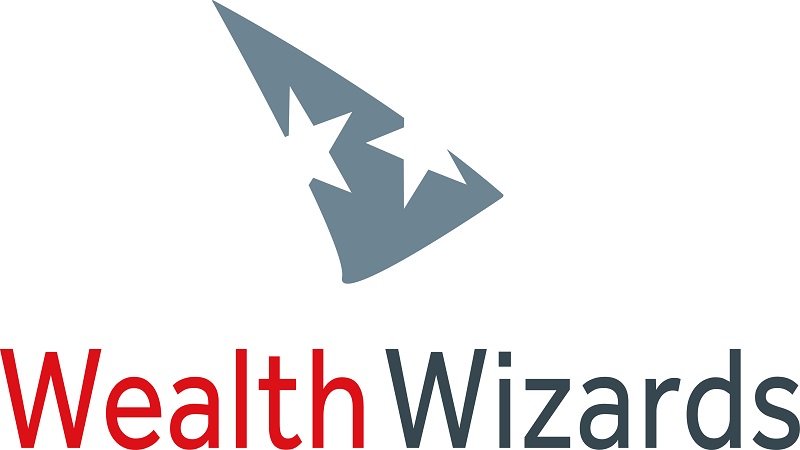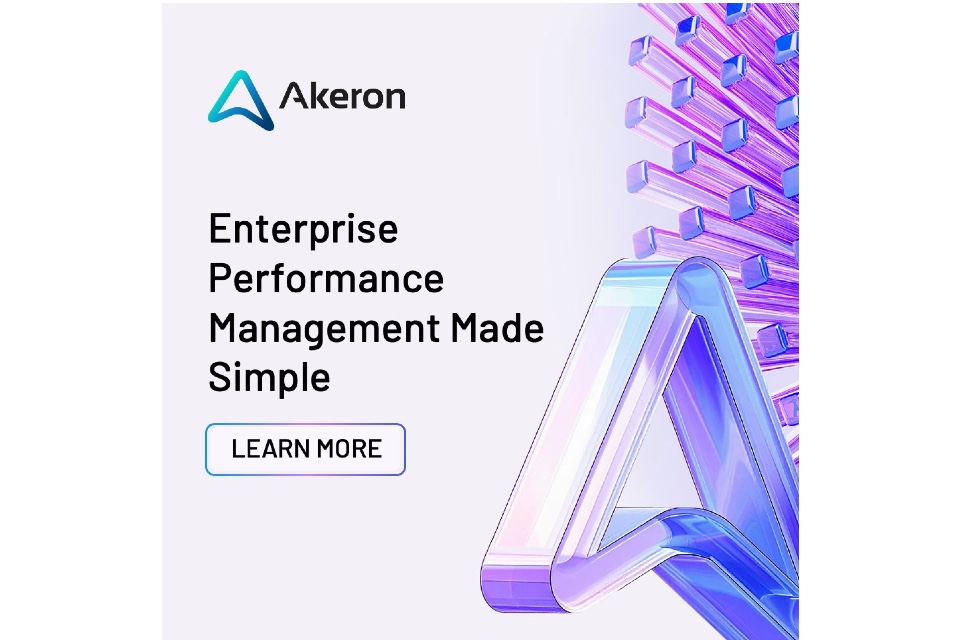Companies both large and small understand that staff recruitment and retention is no longer just about money; employees are increasingly looking beyond a basic salary. A strong and flexible benefits package is valued highly by prospective job applicants, and is also shown to increase workforce satisfaction and engagement.
And the trend is for benefits packages to be flexible enough to be tailored to each employee’s specific requirements. The unprecedented level of customisation is enabled by technology-driven approaches in the employee benefits arena. In an age where we have a certain digital expectation in our daily lives when making purchases and decisions, it is no surprise that employees prefer and value this way of interacting with their employee benefits.
Benefit decision makers are increasing digital spend year on year. Employers are increasingly seeking technology based solutions and portals to create a more user-friendly experience for employee benefits. These have moved on from the days of static websites and now include interactive features such as side-by-side comparison tools that allow employees to easily review their choices. Thanks to falling costs and simpler web-based administration systems, these online flex schemes are becoming commonplace in companies of all sizes, allowing the workforce to access a self-service menu of benefits which typically include pensions, private medical insurance, life cover, child-care vouchers and many others.
Another example of how a digital solution has helped shape a corporate flexible benefits scheme is Enterprise Social Networks. ESNs have broken down internal workplace barriers, enabling greater collaboration. These tools are fast becoming widespread, and if used in the right way can be effective in shaping a flexible benefits package. Multinational insurance firm RSA Group used Yammer to bring a group of employees together to discuss a potential benefits offering, then got employees to vote on benefits for the scheme, using Yammer to effectively communicate the final changes. ESNs can also be used to target communications to specific groups, rather than blanket communications.
Health and wellbeing benefits such as gym membership and healthcare have become commonplace within an employee package. Having recognised the value employees place on wellbeing, many companies are now adding a digital wellness offering to the mix. Employees (particularly millennials) are embracing the provision by organisations of digital technology like activity trackers, or simply having access to apps on their smartphones to monitor stress levels and implement fitness plans. Having a valued workplace wellness plan can be a very effective way of having an engaged and productive team, and consequently fewer absences.
Offering a good workplace pension package is a cornerstone of any benefits package, and since auto-enrolment and the pension freedom reforms, employees have never been more in need of financial advice to support their future retirement. Millennials, in particular, seek out employers that will provide access to financial advice; according to recent Wealth Wizards research nearly half (47 per cent) of under 18-24 year olds claim they actively prioritise this factor when considering a new job. The research also found that over two-thirds (71 per cent) of 18-24 year olds view companies that do not to provide employees with access to advice on pensions as irresponsible.
With this in mind, businesses are increasingly providing access to support and advice as a core part of their employee benefit package. There are a range of online services that provide help, guidance and advice with pensions. This includes providers of automated advice – ‘robo advice’ – like Wealth Wizards, that can offer employees access to expert regulated financial advice through online web apps or wizards for a fraction of the cost of face to face advice. The key difference with providers of regulated financial advice is that they typically make personal recommendations to employees based on their personal circumstances and take fully responsibility for that advice.
And by working side by side with organisations, they can deliver technology solutions that are bespoke to their employees. With Wealth Wizards, employees can access bespoke, cost effective, fully independent online regulated advice for their retirement and pensions within as little as 10 minutes.
The use of new technology like online portals, ESNs, digital wellness programmes, and robo-advisers can help employers address a multi-generational workforce and their changing communication habits. Used to complement more traditional benefits channels, newer digital approaches are on the increase and are gathering momentum. It is without a doubt that we will see these trends become more widespread as HR professionals increasingly recognise their value in supporting employee engagement and enhancing overall performance.
Andrew Firth, chief executive of Wealth Wizards has pioneered the development of automated financial advice in the UK. He has twenty years’ experience developing digital financial services, and he founded Wealth Wizards in 2009 to develop an algorithm based robo-advice platform.









